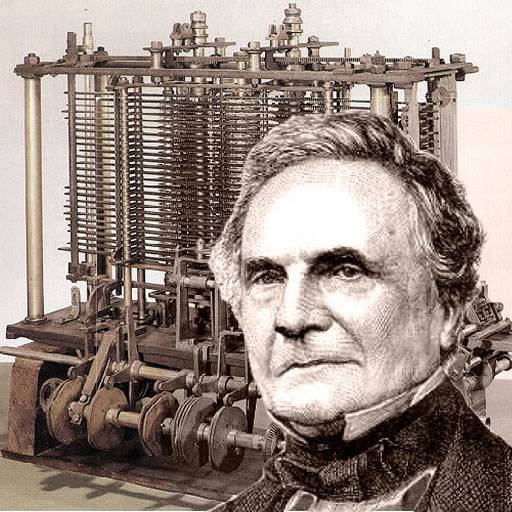The world's first computer, the Difference Engine, was conceived by Charles Babbage in the early 19th century. This revolutionary machine paved the way for modern computing, transforming human interaction with technology. Born in London in 1791, Babbage was a mathematician, philosopher, and inventor. His fascination with mathematics and machinery led him to envision a machine that could perform calculations automatically.
Babbage's interest in mathematics was sparked by his studies at Trinity College, Cambridge. In the early 19th century, mathematical tables were crucial for navigation, astronomy, and engineering. However, manual calculations were time-consuming and prone to errors. Babbage recognized the need for automation, driven by his experience with logarithmic tables.
In 1822, Babbage designed the Difference Engine, a mechanical calculator that could compute mathematical tables. The machine used a system of gears and levers to perform calculations. Babbage's design improved upon existing calculators by introducing a mechanism for automatic calculation. The Difference Engine utilized the concept of differences to calculate values, employing a series of axes and gears to perform calculations.
The machine consisted of several components: the mill, where calculations were performed; the store, which held the calculated values; and the reader, which input data. The Difference Engine introduced several groundbreaking features, including automated calculation, mechanical memory, and input/output mechanisms.
The Difference Engine laid the foundation for modern computing. Babbage's vision inspired future generations, demonstrating the potential for automation and inspiring new approaches to calculation. The Analytical Engine, Babbage's next project, was more ambitious, capable of performing any mathematical calculation using punched cards for input and a central processing unit.
Ada Lovelace, daughter of Lord Byron, recognized the Analytical Engine's potential and wrote the first algorithm, a set of instructions for the machine. The Difference Engine's legacy extends to modern computers, with electronic computers replacing mechanical components, programming languages evolving, and computing transforming industries.
From calculators to computers, the development of electronic computers in the 20th century built upon Babbage's ideas. Vacuum tubes replaced mechanical components, transistors improved performance, and integrated circuits enabled miniaturization. The introduction of programming languages enabled efficient communication with computers.
Computing continues to evolve, with artificial intelligence and machine learning, cloud computing and big data, and quantum computing and cybersecurity. Charles Babbage's Difference Engine marked the beginning of computing, shaping the course of computer science and transforming human interaction with technology.
Today, computing permeates every aspect of life, from communication and information exchange to scientific research and discovery, e-commerce, and entertainment. The Difference Engine's impact is a testament to Babbage's foresight, inspiring generations of inventors and programmers.
In conclusion, Charles Babbage's innovative spirit and vision for automation paved the way for modern computing. His legacy extends beyond the Difference Engine, shaping the world as we know it today.




No comments yet
Be the first to share your thoughts!